|
After working on startup societies for awhile I began to wonder about the 60s communes. People often brought up communes, and I only had a vague idea
Writing Style Review: I really enjoyed Thomas Miller's writing style. Miller uses a barebones construction and is very easy and enjoyable to read. Despite this I only read the book halfway. Each chapter is about a commune, and the book reads like a laundry list of wikipedia articles. Insights and Summary: Before reading this book I assumed that the communes were a benign experiment in communism and was generally sympathetic. Miller portrays most communes as squalid, tumultuous, and impoverished drug dens filled with low lives who were pretending to be artists. The residents had constant sex with everyone else, and STDs were commonplace. Children were routinely molested, and women were expected to consent to sex with every man who was interested. The other communes that weren't this way were either authoritarian agrarian enclaves with many strict rules, or religious cults.
0 Comments
Aepyornis Island by H.G. Wells
30 pages Recommended: 4/5 This is a short science fiction story published by H.G. Wells in 1894. I found the story to be pretty amusing. The story begins when a British explorer/biologist who is looking for the eggs of the Aepyornis, a flightless bird in a swamp... The Grand Master's Insights on China, the United States, and the World
Recommend: 4/5 224 Pages This book is a collection of quotes and interviews of Lee Kuan Yew with a foreword by Henry Kissinger. Lee Kuan Yew is the founder and former prime minister of Singapore. He lived from 1923 until 2015. This book is very relevant for all those who are interested in Startup Societies. Lee began formulating his political thoughts during the Japanese occupation of Singapore from 1942 until 1945. He narrowly avoided a massacre after a Japanese soldier asked Lee and other Chinese men to gather. Lee asked for permission to gather his clothes, and escaped. When he returned, he found that all of the other men he was with had been executed. That is when Lee realized that political power grows out of the barrel of a gun. In 1954, the People's Action Party was launched, and Lee quickly rose to power over the next several years as Singapore gained its independence. Lee Kuan Yew took Singapore from a third world backwater to the most powerful city state in the world. His insights on China, America, and Japan are truly fascinating. He has an incredible ability to clearly highlight and explain problems, and just by reading his words one can understand how he accomplished so much. Justinian the Great by Charles River Editors
Recommend: 4/5 This is a very short (60-100 pages?) account of late Roman emperor Justinian's life and accomplishments. Despite the book's brevity, it captures Justinian's accomplishments and conquests very well. Justinian was the emperor of the Eastern Roman Empire from 527 until 565. When Justinian came to power, the Western Roman Empire had just fallen to barbarians, and the Eastern Empire was facing serious military challenges. Whether the Byzantine Empire could survive was entirely unclear. Justinian re-established Mare Nostrem, conquering an impressive amount of territory. He retook Italy from the Ostrogoths, and liberated Rome from its barbarian overlords. Justinian is now remembered for his tireless work habits. Many of his advisors report seeing him stay up very late at night to manage the empire's business. He also was a pioneer of women's rights. His wife, empress Theodora helped him rule the empire and managed internal affairs. Other accomplishments include the construction of Haga Sofia. He also created incentives which would, over time, replace slavery with (much more humane) serfdom. He also created the "Justinian Code," which later served as the progenitor for Common Law. The Justinian Code is the biggest de-regulation in history. Justinian went through all of the centuries of obscure and obsolete laws, and abolished them all. He codified a very lean and simple legal system into a book of about 1000 pages. The brevity sadly prevents the authors from going into detail about the historical context in which Justinian operated, but that is perfectly understandable considering the length of the work. I am a huge Roman history buff, and Justinian is my favorite emperor. He was a conqueror, but was just and fair. He also was a deregulator, perhaps one of the greatest in history. This book is an excellent short recap of the man's life. Recommend: 3/5
572 pages Peter Heather Peter Heather's book is a very detailed analysis of the fall of the Roman Empire. He tries to cover both the barbarian invasions, decadence, and economic woes of the Roman Empire. Several things came as a shock to me. First, the barbarian "invasions" were more akin to mass migrations. The barbarians were mostly let in by the Romans, and even settled into new lands. They initially pledged allegiance to the Romans and fought in their wars. The Romans treated the barbarians with a shocking amount of respect. Despite this, the barbarians were contemptuous of the Romans. They only partially integrated, and when times got tough, didn't side with the Romans. Instead they created their own kingdoms within the empire. I also never fully internalized the timescale of the Roman empire. From the coup of Augustus and establishment of the empire around 0 AD to the sack of Rome in 410, a lot of time had passed. Augustus was as distant to the Romans in 410 as 1606 is to us. In 1606 America didn't exist, the Ottoman empire still controlled the middle east, and Italy and Germany only existed as city states. A lot changes in 410 years. There was no single day when the empire fell. Instead, it withered away over decades into various successor states. Over time, Romans forgot the values which forged their empire. Everyone, not just Latins, became citizens. Use of language fragmented along geographic and sociopolitical classes. There are a lot of names of emperors, barbarians, and generals, and it can get very confusing to parse out who is who at times. I wish that Heather had spent less time talking about specific people and more time talking about the barbarians as a group. Overall I recommend the book to any Roman history buffs, but not to the uninitiated. The Fall of the Roman Empire, by Peter Heather, is too confusing to read on its own. I found myself constantly on wikipedia to follow the narrative. I also needed to look at maps of the time period to understand the geography. Venice, by Jan Morris
Recommend: 2/5 336 pages The book is very well written, and the language is very evocative. Despite this, the book falls short of my expectations. I was expecting a history book I could read to learn about the history of Venice. Instead, the book reads like a travel guide. Jan Morris doesn't write in clear historical terms: it isn't clear who is who, or how or why Venice was built. He barely mentions the Venetio-Byzantine conflicts or the war with the Turks. Instead, he focuses on the beauty of the city and repetitively rehashes how fantastic Venice is. I've been to Venice twice and have seen pictures. I already know how magical the place is. What I still don't know is how the city was built, how it rose to power, and why it declined. I don't recommend this book to fellow history fans. Recommended: 3/5
I've heard a lot about the communist manifesto my whole life but never finished reading it. I found it fairly disappointing. There are many books by Marx which make a very convincing case for socialism, such as Das Kapital, but this is not one of them. The manifesto is an outline of Marx's plan to bring about socialism. He outlines the different factions of socialists, bourgeois, and explains his program to create the worker state. Reading it made me recall interesting parallels with modern political movements that I'm very familiar with (such as the libertarian movement). At a certain point, Marx writes about his plans for the family under the proletariat dictatorship. He explains that the bourgeois understanding of the family reduces all transactions to economics, and that the family must be destroyed. Interestingly enough, all modern socialist states have done just this. I also found Marx's writings on property to be insightful. Marx explains that he isn't against property per say, and that he only opposes "bourgeois property." He justifies the expropriation of the bourgeoisie because they, at one point, stole their property from the old aristocracy and feudal serfs. Ultimately, I found that the Communist Manifesto did not live up to its reputation as one of the greatest literary works of the 19th century. Recommend: 3/5
SPQR serves as a very good and well written overview of the history of the early Roman Empire. It is an enjoyable and educational read, The book can be a bit long and detailed (600+ pages) so isn't a good introduction. If I didn't already know a lot about the chronology and emperors it would have been hard to follow. I found the most interesting chapters to be the ones dealing with the commoners and slaves. Turns out that the Romans had a vast network of taverns, where the people played board games. Learning about the different languages, religions, and attitudes of the empire was fascinating. |
Thibault SerletMost of my articles are book reviews, but I also write about many other topics. Archives
December 2023
Categories |
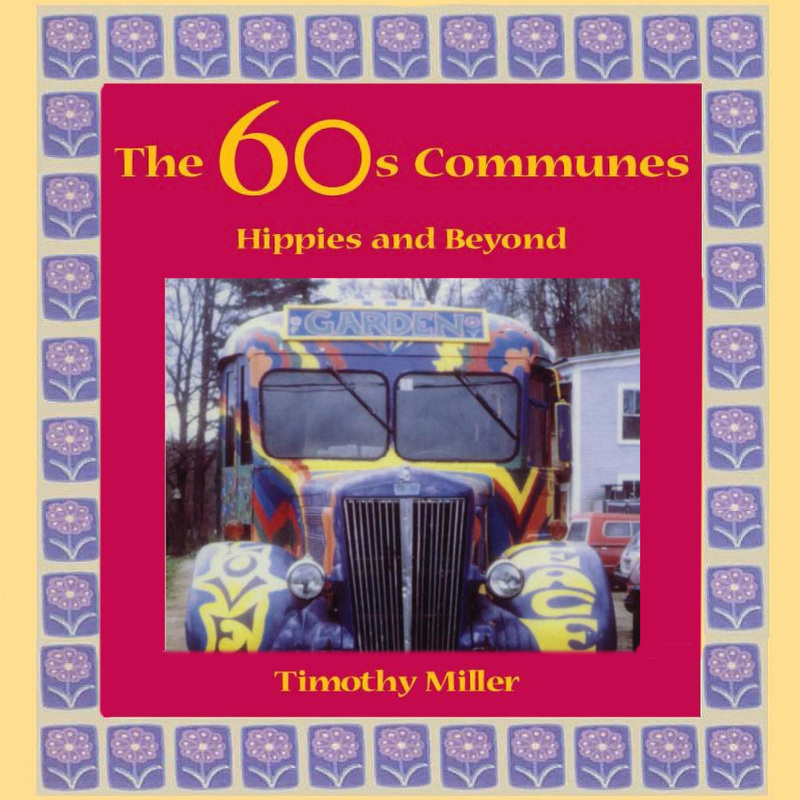
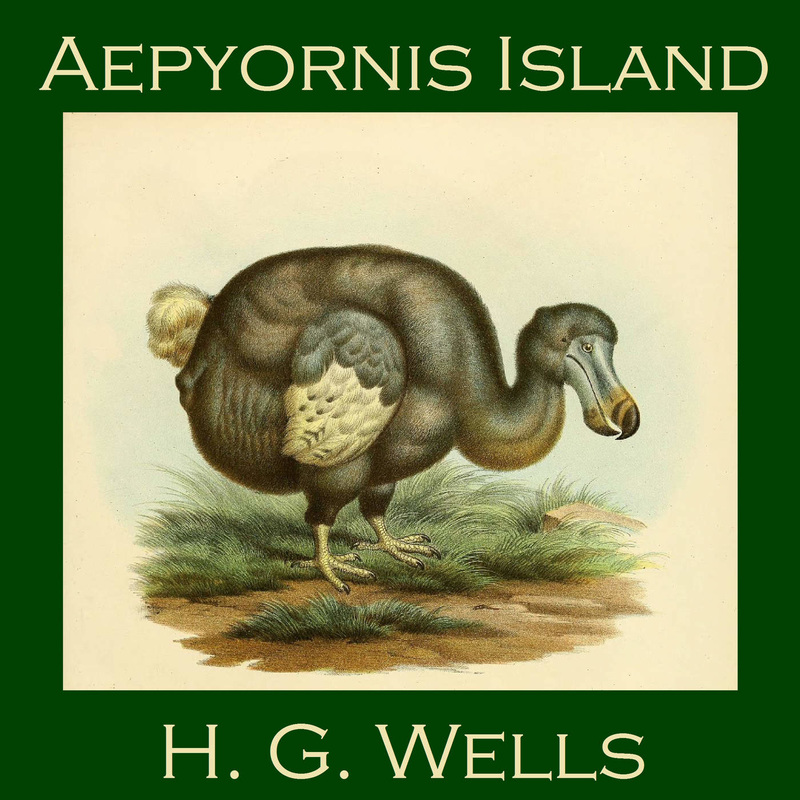
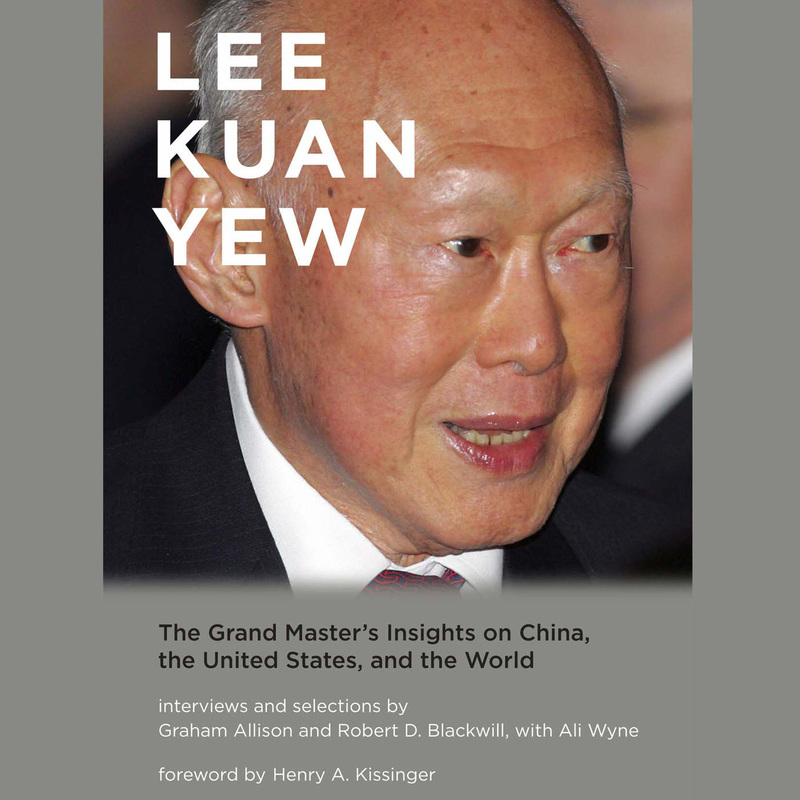
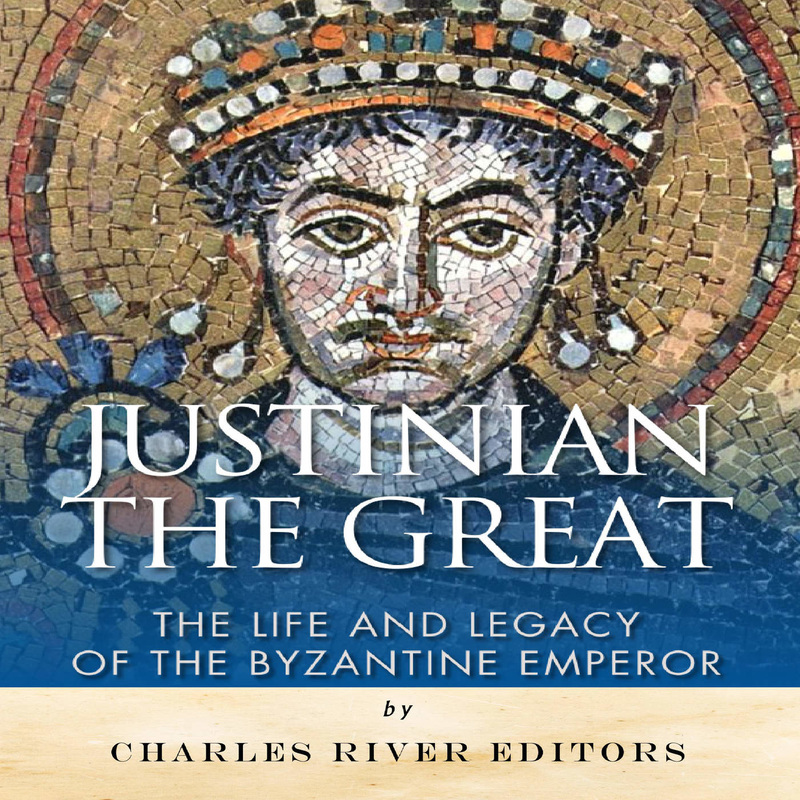
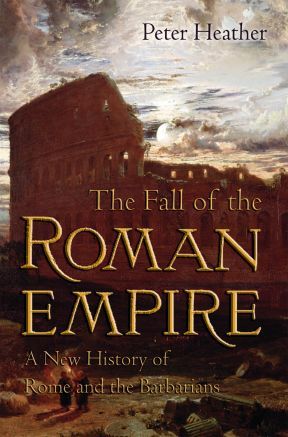
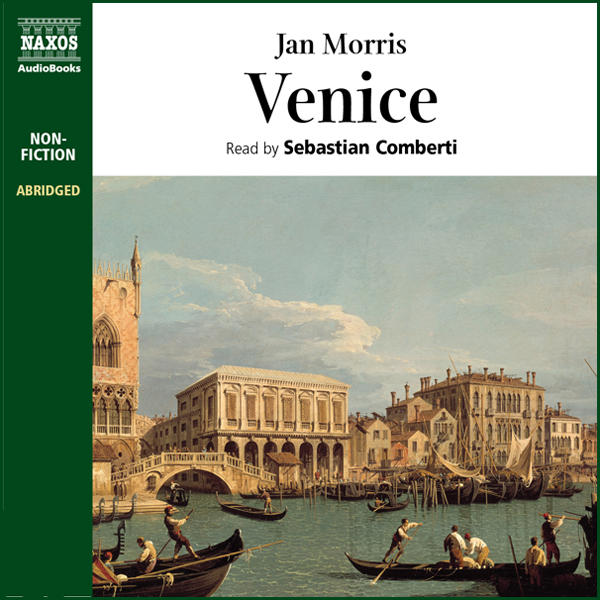
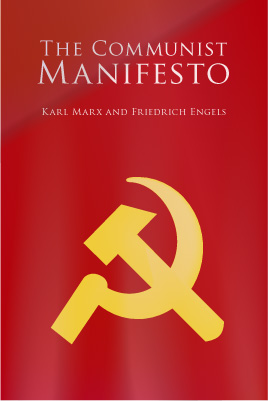
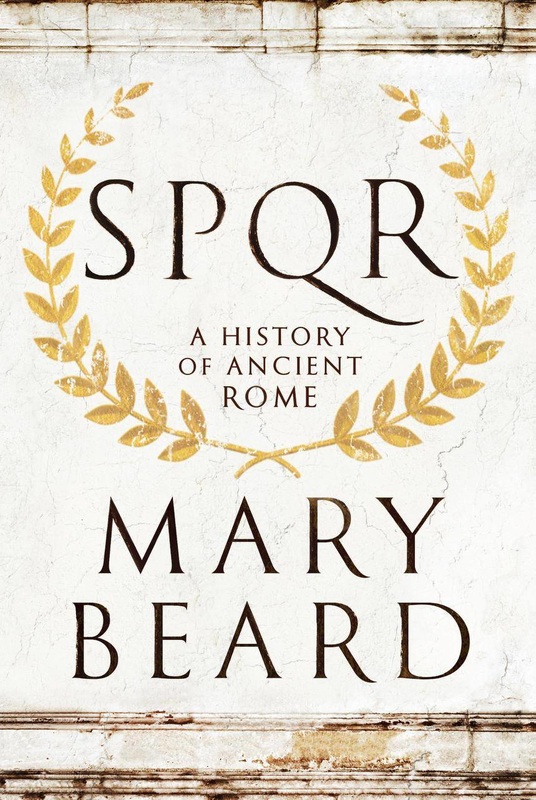
 RSS Feed
RSS Feed